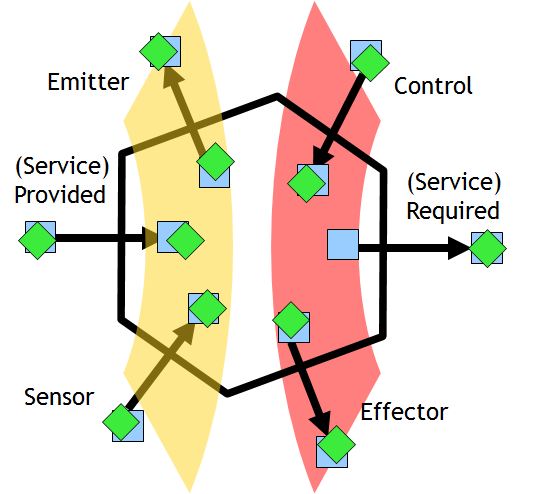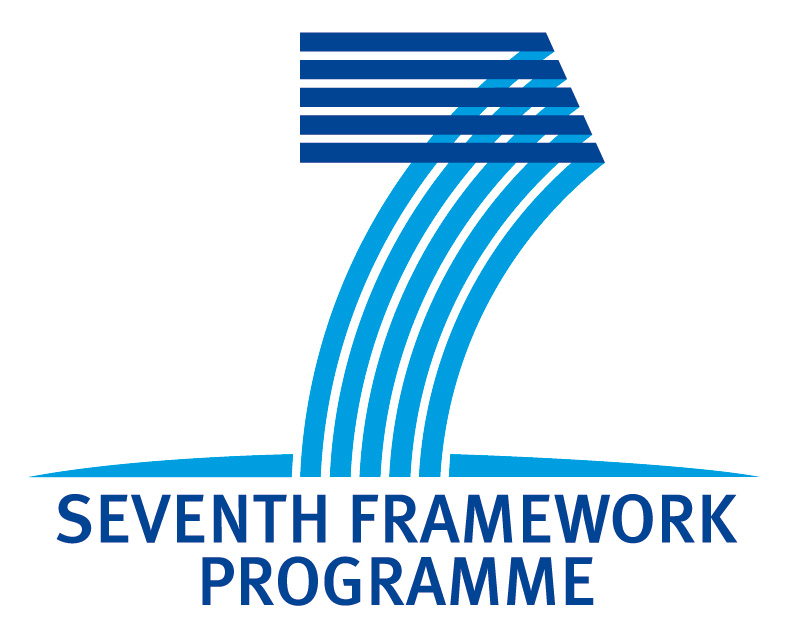|
The aim of this work package is to achieve a satisfactory formalization of foundational models for autonomous Service Component Ensembles (SCEs). The work package is split in three main tasks:
- The first task focuses on Resource-aware operational models. Roughly, it is concerned with the study of resource-aware infrastructures and networking middleware modelled in terms of advanced components, glues and connectors which can support different levels of guarantees, reliability, dynamicity and integration to heterogeneous components.
- The second task focuses on Adaptive SCs: building emergent behavior from local/global knowledge. The aim of this activity is to develop robust mathematical foundations for interaction scenarios that are characterised by highly dynamic, autonomic components. In particular, we shall address models that can favour a mixture of static and dynamic analysis tools by adhering to the Negotiate-Commit-Execute schema.
- The third task focuses on Modeling SCEs with collaborative and competitive behavior. The idea is to study and develop feedback models for studying controllability, adaptability, stability in competitive SCEs. We propose to structure our models in such a way to distinguish the internal choices useful for this purpose from other kinds of nondeterminism and to establish feedback loops activated by local/global knowledge.
During the project we have made several progresses in the three tasks above. In particular: - We have improved on the foundations of resource-aware connectors (T2.1) by formally relating several different approaches to connectors and by defining and implementing efficient priority mechanisms in distributed systems.
- We have defined advanced models of networking middleware (T2.1) by proposing a network-aware extension of classical pi-calculus, whose design is tailored to expressing creation, passing and activation of connections.
- We have proposed a calculus (T2.2) where the distillation of the contract in a client-server scenario can be obtained by composing the distributed information provided directly by each participant. The information is formalized as a soft constraint which represents abstractly the behavior.
- We have defined a conceptual model for autonomicity and a formal model of adaptable transition system (T2.2), conceived around a prominent role of control data: computational data that are managed to enact adaptive behaviors. Most programming paradigms proposed for adaptive computation have been shown to fit within the framework.
- We have exploited game paradigms for competitive job scheduling in grid service composition and have devised coalgebraic techniques for dynamical systems based on weighted automata (T2.3).

Contact: Ugo Montanari
This e-mail address is being protected from spambots. You need JavaScript enabled to view it
|
|
Last Updated on Wednesday, 19 March 2014 11:35 |






